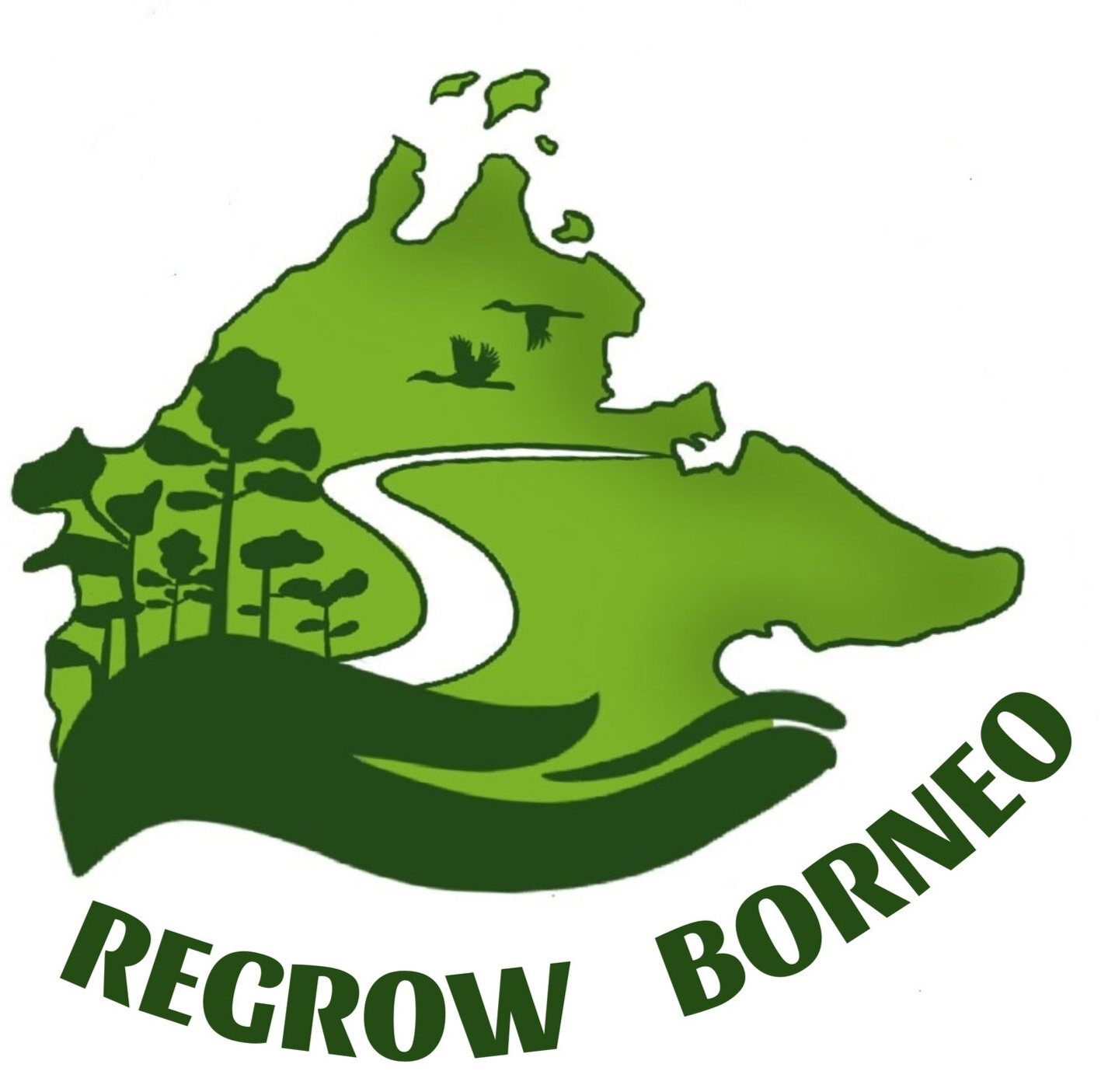Our history
Regrow Borneo formed from a long term collaboration between Cardiff University and local communities interested in conservation. Over 20 years, researchers at Cardiff University’s Sustainable Places Research Institute and the Danau Girang Field Centre (DGFC) in Borneo worked together closely, collaborating on research encompassing wildlife conservation, biodiversity enhancement, soil erosion, and social science in the Kinabatangan.
Recognizing the devastating impacts upon biodiversity of the deforestation in the Kinabatangan, driven by logging and land clearance for Oil Palm plantations, a pilot project called Regrow Borneo was launched in 2019, to begin restoring these areas. Initially this was developed as a Cardiff University focussed project to encourage staff and students to mitigate their air travel carbon footprint. However, in 2021 we became an independent UK charity that seeks to develop forest restoration solutions in Borneo that support people, animals, and the environment.
Phase 1: Donate if you have to fly
To raise funds, a JustGiving page was created, and academics were encouraged to mitigate carbon emissions from unavoidable academic travel. The timing coincided with a rising awareness of the negative impact of air travel, and Cardiff University’s Declaration of a Climate Emergency in 2019. The project encouraged travellers to seek alternative modes of transport but donate if these were unsuitable. Soon donations were received from travellers beyond the university, and by supporters interested in the broader conservation aims of the work. The holistic approach of the project – encompassing benefits to biodiversity, local livelihoods, research and carbon sequestration set it apart from ‘offset’ programs and enabled the project to continue to fundraise throughout the global pandemic where air travel ground to a halt.
The pilot year fundraising target of £15,000 was reached and the planting work began in 2020. The first year presented a number of challenges – including a global pandemic and severe flooding, however the team was left more determined than ever that the project was valuable and should succeed.
